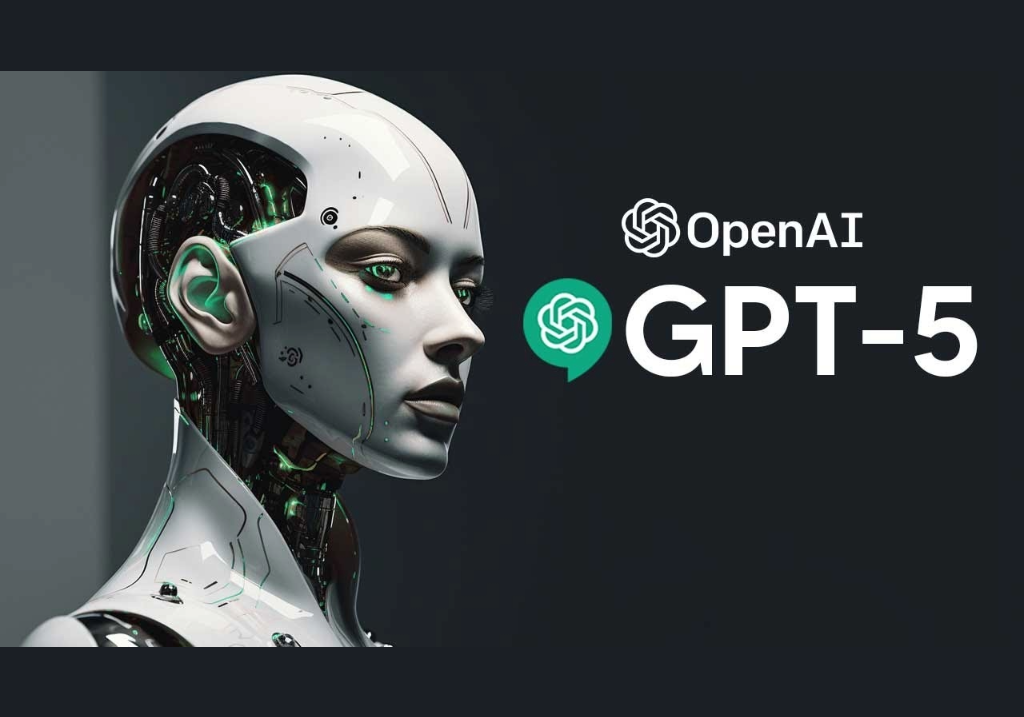How likely is the government to block GPT5 from release?
The likelihood of the government blocking the release of GPT-5 cannot be precisely quantified without specific details on regulatory concerns, government statements, or actions regarding AI technologies up to the most recent context near 2024. However, based on historical and current trends in technology regulation, several factors can influence this likelihood:
- Precedent of Government Intervention in Technology Releases: Historically, governments have intervened in the release of technologies posing significant privacy, security, or ethical concerns. The extent to which similar AI technologies have faced regulatory hurdles could indicate the government’s stance on GPT-5.
- Public and Political Concerns: The level of public and political concern regarding AI technologies, specifically around issues like misinformation, privacy, and job displacement, can drive regulatory actions. High-profile incidents involving misuse of AI could increase the likelihood of intervention.
- Regulatory Framework for AI: The existence and stringency of a regulatory framework specifically designed for AI technologies in the jurisdiction concerned. A robust regulatory environment could mean a higher likelihood of the government scrutinizing or blocking GPT-5’s release.
- Engagement with Stakeholders: The degree to which the developers of GPT-5 engage with regulators, policymakers, and the public to address concerns. Proactive engagement and demonstration of safety, ethical considerations, and societal benefits can reduce the likelihood of government intervention.
- International Cooperation and Standards: The influence of international cooperation on AI governance, including adherence to global standards and norms. Participation in international frameworks could either mitigate or exacerbate regulatory actions, depending on the consensus.
- Technological Safeguards and Ethical Considerations: The implementation of technological safeguards against misuse and the integration of ethical considerations into GPT-5’s development. Demonstrable efforts to mitigate risks associated with AI could influence regulatory responses.
- Economic and Strategic Considerations: The government’s assessment of GPT-5’s economic impact and strategic importance in terms of innovation, competitiveness, and national security. Technologies deemed crucial for economic or strategic reasons might face less stringent regulatory hurdles.
- Precedent of Similar Technologies: Examination of how similar technologies, possibly earlier versions like GPT-3 or GPT-4, were treated by the government. Previous approvals or restrictions could set a precedent for GPT-5.
- Legal Challenges and Litigation: The potential for legal challenges from interest groups or competitors, which could delay or complicate the release of GPT-5. The outcome of such legal actions could influence the government’s decision.
- Changes in Policy or Administration: Shifts in political leadership or policy priorities can alter the regulatory landscape significantly. A new administration or policy shift favoring technological innovation or, conversely, imposing stricter regulations on technology companies, could impact the release of GPT-5.
In conclusion, without specific details on the regulatory environment, public sentiment, and the actions of the developers of GPT-5 up to the most recent context near 2024, it is challenging to provide a precise likelihood of government intervention. However, the factors listed above are critical in assessing the potential for regulatory actions against the release of GPT-5.



